Abstract
Objectives
Diabetes is associated with adverse outcomes, including death, after coronavirus disease 19 (COVID-19) infection. Beyond the lungs, Severe Acute Respiratory Syndrome Coronavirus-2 (SARS-CoV-2), the etiologic agent of the COVID-19 pandemic, can infect a range of other tissues, including the kidney, potentially contributing to acute kidney injury in those with severe disease. We hypothesized that the renal abundance of angiotensin-converting enzyme (ACE) 2, the cell surface receptor for SARS-CoV-2, may be modulated by diabetes and agents that block the renin-angiotensin-aldosterone system (RAAS).
Methods
The expression of ACE 2 was examined in 49 archival kidney biopsies from patients with diabetic kidney disease and from 12 healthy, potential living allograft donors using next-generation sequencing technology (RNA Seq).
Results
Mean ACE 2 messenger RNA was increased approximately 2-fold in diabetes when compared with healthy control subjects (mean ± SD, 13.2±7.9 vs 7.7±3.6 reads per million reads, respectively; p=0.001). No difference in transcript abundance was noted between recipients and nonrecipients of agents that block the RAAS (12.2±6.7 vs 16.2±10.7 reads per million reads, respectively; p=0.25).
Conclusions
Increased ACE 2 messenger RNA in the diabetic kidney may increase the risk and/or severity of kidney infection with SARS-CoV-2 in the setting of COVID-19 disease. Further studies are needed to ascertain whether this diabetes-related overexpression is generalizable to other tissues, most notably the lungs.
Gilbert RE, Caldwell L, Misra PS, Chan K, Burns KD, Wrana JL, Yuen DA
Canadian Journal of Diabetes
Published 2020
Research Project: Precision Medicine
Connect with us!
Subscribe to learn more about what we do, why it matters, and how you can get involved!




